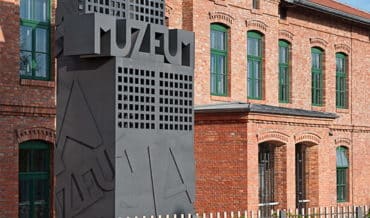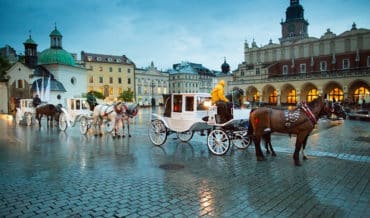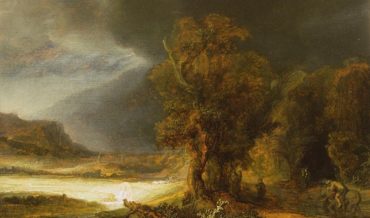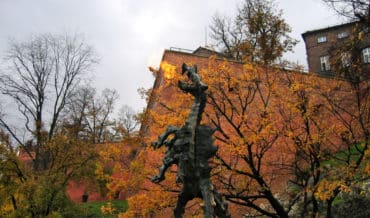Krakow is a city relatively poor in greenery and places to relax – it has only 2.7 m2 of greenery per one inhabitant. The oldest garden in Kraków, probably established in 1241, is the garden at the Franciscan monastery. From the 16th century, private gardens began to appear at the magnate and patrician residences. Public – only in the 19th century. Currently, there are 138 historic green areas in the city and its vicinity: 21 gardens, 7 spa and hospital parks, 40 monastery and presbytery gardens, 16 green complexes in avenue, promenade and boulevard systems, and 54 parks and gardens related to residential buildings: palaces, court and farm buildings. In total, they cover 400 ha – without Wolski forest, Sikornik, etc.
Suggested
Suggested contents and articles.
Suggested Contents
The Home Army Museum in Krakow was established in 2000 to commemorate one of the most important organizations in the Polish history. It is the only institution in Poland that promotes knowledge about the Polish Underground State and its armed forces. The Museum bears the name of August Emil Fieldorf “Nil”,
- Museums
- November 23, 2016
The majestic building in the centre of Krakow’s Main Square – Cloth Hall (Sukiennice in Polish), has stood there for almost seven centuries. It has now become one of the city’s best landmarks. The Cloth Hall has been the heart of the trade in Krakow from city’s very beginning. For centuries it
- Attractions
- October 28, 2016
Contents1 Czartoryski Museum1.1 “Lady with an Ermine”2 Czartoryski Museum in Krakow3 Exhibitions in the Czartoryski Museum4 Visit Czartoryski Museum Czartoryski Museum (Muzeum Ksiazat Czartoryskich in Polish) is the oldest museum in Poland. It was established in 1796 in the Czartoryski family Palace in Pulawy, in 1878 moved to Krakow. Its
- Museums
- October 21, 2016
Contents1 Legend of Wawel Castle Dragon2 Dragon’s Den2.1 Wawel Castle Dragon Statue3 Plan your visit Legend of Wawel Castle Dragon The legend of the Wawel Castle Dragon is one of the most popular Polish tales. It is known thanks to Polish chronicler Wincenty Kadlubek who, in the late 12th century, had either written
- Attractions
- October 11, 2016
Comments
All comments.
Comments



